China is different from other multi-racial and multi-ethnic countries
CNS: Compared with other multi-ethnic and multi-racial countries as US and India, what do you think are the differences in the history of development and interaction between the different ethnic groups in China? What are the characteristics of ethnic relations in China?
Ma Rong: The world's multi-racial, multi-ethnic countries can be roughly divided into three categories. The first is the European countries. After the 17th century, Europe established the new world order with “nation state” as the political entity with the signing of the Treaty of Westphalia in 1648. With different degrees, people who speak different languages and believe in different religions live in these “nation states”. However, in the process of “nation-building”, the central governments of these states have strengthened and deepened the people’s political identity to the countries.
The second is the new countries (US, Canada, Australia and New Zealand) established by white colonists successively in the colonies of European countries in the past. Indigenous groups, other non-white immigrants and white immigrants came from different European countries made these countries into multi-racial and multi-ethnic political entities.
The third is the emergence of lots of new countries (India, Indonesia, Myanmar, etc.) in the former colonial territories of Asia, Africa and Latin America as a result of the colonial independence movements after World War II. These countries have developed multi-ethnic populations since colonial times. The formation of these three types of countries is different, and each has its own characteristics in identification mode.
China is different form these 3 categories. At least since Qin and Han dynasties, with the core area in the Central Plains, China has formed a political entity with frequent changes of border and dominant group of central government. This political entity has a “unified” cosmological view, a civilization system with “Chinese culture” (Chinese civilization) as the core, and a group communication order of “harmony without uniformity” and “teaching without discrimination”. Although there have been many vicissitude of dynasties, the ethnic origin of the Central Plains royal families also changed, after all kinds of social changes and shocks, this political entity has always maintained the development trend of “Separate after long time united. Also will be unified again after long time splitting”. The main vein of the core thoughts of this cultural system originated from Confucianism and other schools of thought (the hundreds schools of thought) in the Spring and Autumn period and the Warring States Period. It was an ideological system with unique cosmology and social ethics developed in the debate and competition among all schools.
Compared with many other civilizational systems in the world with religion as the core, the most important essential feature of the Chinese civilization system is its secularity. This is very different from the ideology based on monotheism (Christianity, Judaism, Islam). Prof. Ambrose King, a sociologist of Chinese university of Hong Kong, believes that China is different from any other “nation-state” in modern times. “China is an independent political culture entity differentiated by culture rather than race, or can be referred as ‘civilizational state’, with a unique civilized order.” Prof. Lucian Pye of M.I.T. thought “China is a civilization pretending to be a state”. This can explain to some extent that the “mulit-ethnic phenomenon” in China is obviously different from the above mentioned three types of countries in the root. The concept of “nation” and nationalism, which originated in Europe, is some kind of national ideology with “zero-sum structure” and strongly exclusive group identity. In the soil of Chinese civilization, the concept of “nation” similar to the western discourse cannot emerge, nor can the ideology of “nationalism” which generated in the western style.
The emergence of discussions on the concept of “nation” and “nationalism” in Chinese society is mainly due to the influence of western knowledge system and discourse concepts after the Opium War. Emphasizing on “casting the community consciousness of the Chinese nation” nowadays as the main line and direction of China’s national identity in the new era is, to a large extent, a return to the Chinese political and cultural tradition under the new historical conditions. This tradition has sustained the continuation and development of China’s political entity for more than 2000 years, which is very rare in world history.









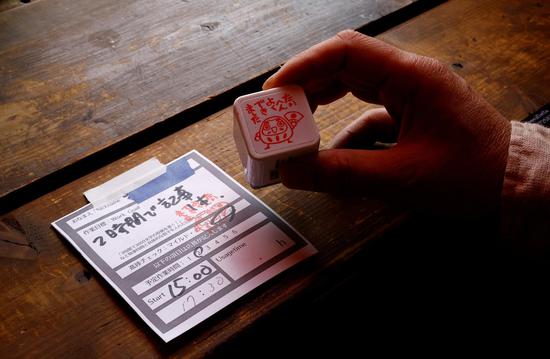
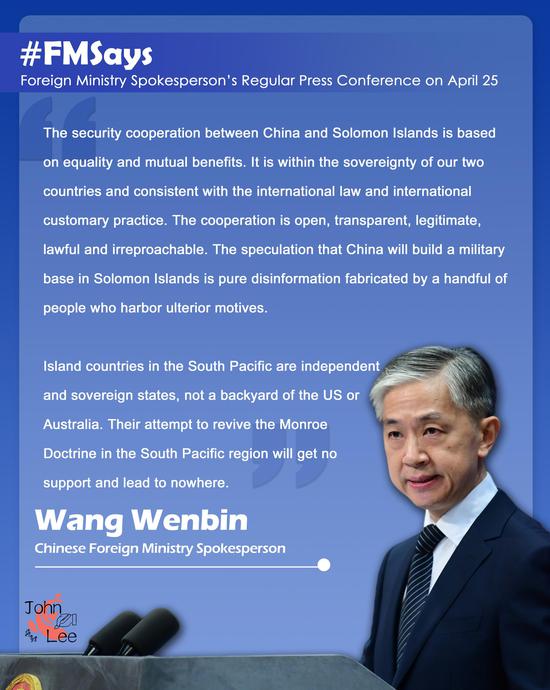
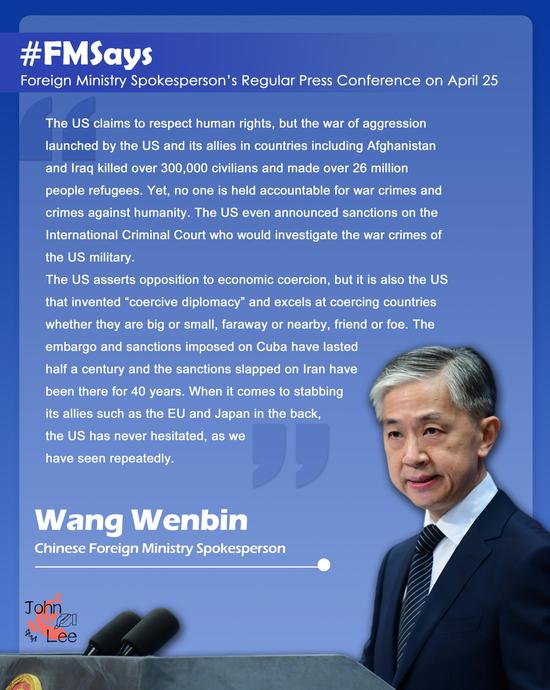
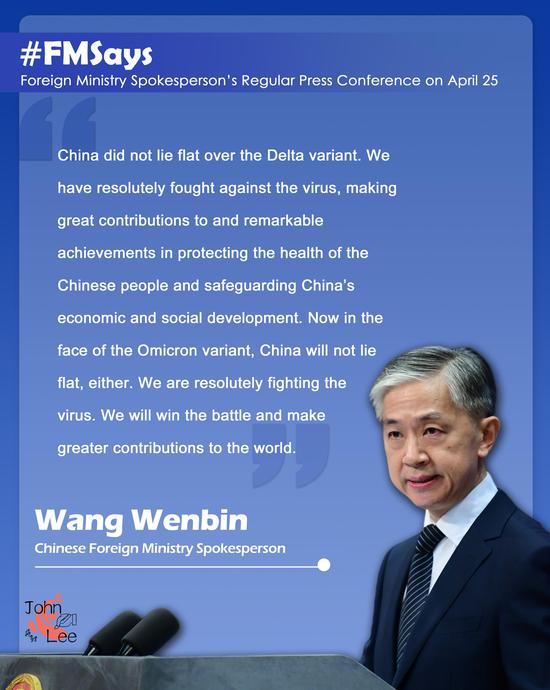


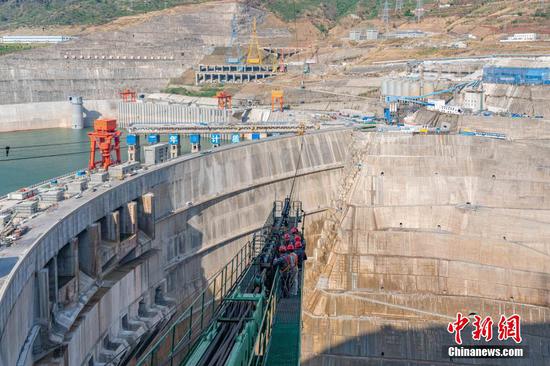






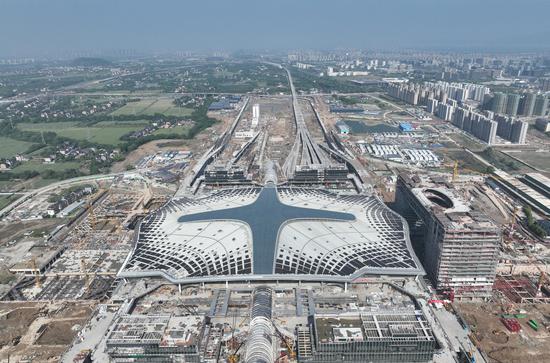
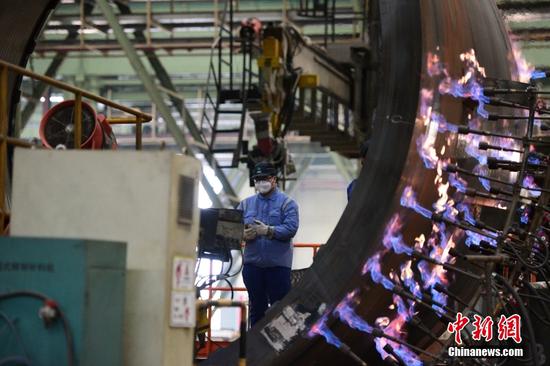


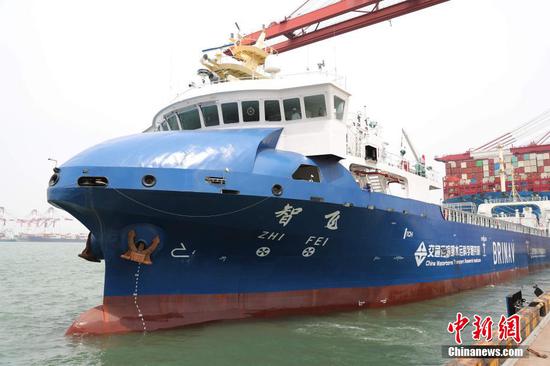
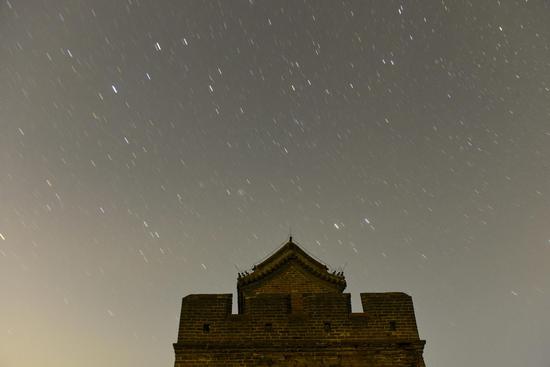




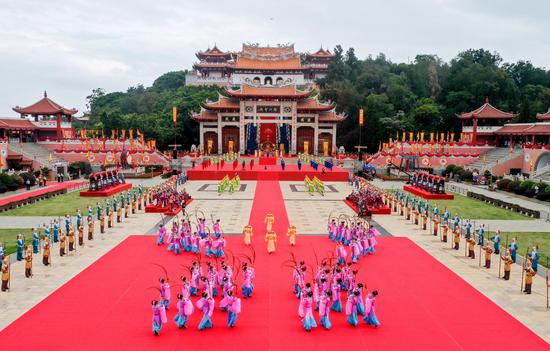
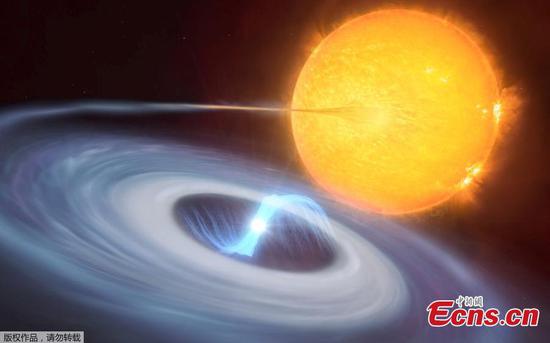


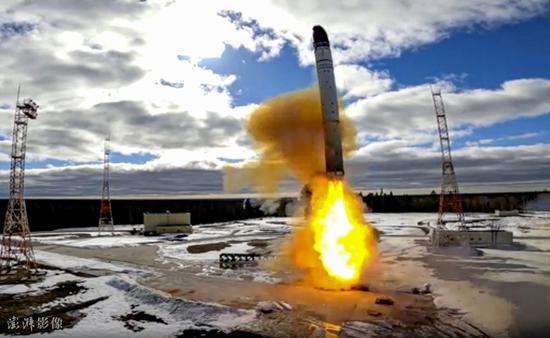
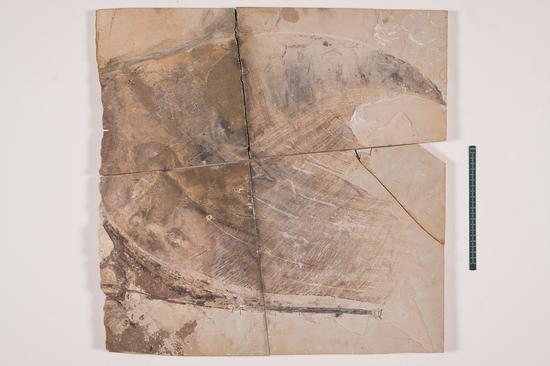
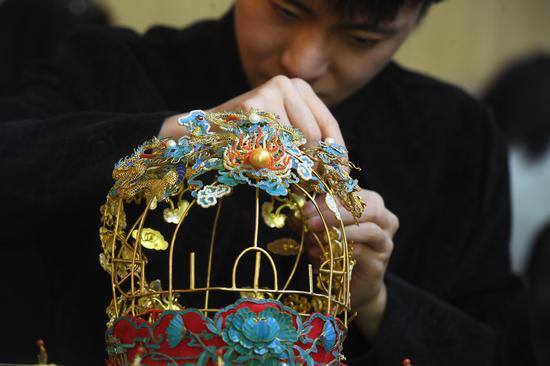


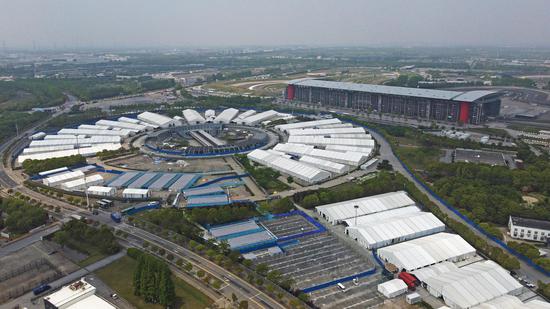


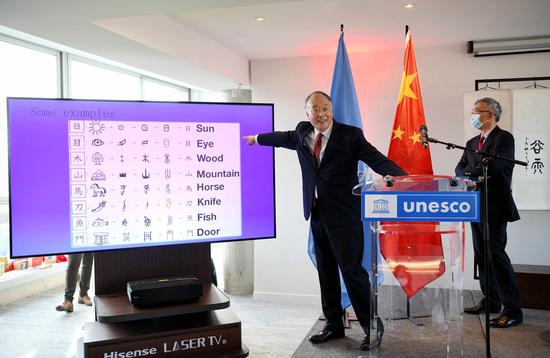





 京公网安备 11010202009201号
京公网安备 11010202009201号